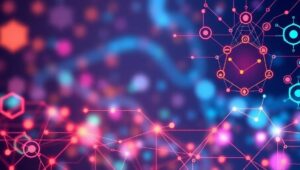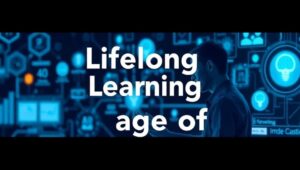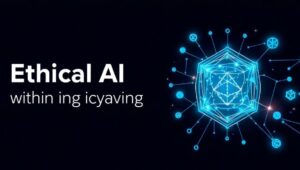June 3, 2025
AI by 2030: 5 Bold Predictions That Will Change Everything
AI by 2030: 5 Bold Predictions That Will Change Everything Artificial Intelligence (AI) is rapidly evolving, and its trajectory points towards transformative changes across various sectors by 2030. This article explores five bold predictions about AI’s impact, providing an informative overview of what to expect in the coming years. 1. Hyper-Personalized Healthcare By 2030, AI will revolutionize healthcare through hyper-personalization. AI algorithms will analyze vast amounts of patient data—including genetics, lifestyle, and medical history—to create tailored treatment plans. This means more effective diagnoses, targeted drug therapies, and preventive care strategies optimized for individual needs. AI-Driven Diagnostics: Enhanced accuracy in early













